Concrete or cement is among the oldest materials used for the durable and robust construction of buildings, bridges, dams, drains, pipes, and pools, etc. Despite the availability of numerous other materials in the market, cementitious coatings successfully continue today.
While some people use cementitious roof coating in Toronto for better structural stability, some opt for constructive waterproofing. In this blog, we will look at the significant properties of cementitious coatings and how these can be an affordable and long-lasting solution for you. So read on to know.
ADVANTAGES OF CEMENTITIOUS COATINGS:
The waterproofing you choose must match your site’s requirements, and no coating can work for every situation. Cementitious coatings has the benefits of an extensive range of suitabilities and strengths, including-
- Weather-resistant and abrasion-resistant: It is suitable for the sites where wear or exposure is an issue.
- Excellent bonding capability: it can efficiently make strong bonds with porous and non-porous surfaces.
- Chemical resistance: it can be used for the sites where chemical spill or chemical storage is necessary.
- Works with both positive and negative side pressure: it is appropriate for the surfaces experiences direct pressure or pressure from any external surfaces.
- Monolithic: cementitious deck coating in Torontois quite popular these days because it provides a seamless coating system.
Polymers are also added in cement-based coatings to gain a degree of flexibility, increased adhesion, and make the coating more waterproof and chemical resistant.
TYPES OF CEMENTITIOUS COATINGS
Cementitious coating can be divided into two types-crystalline and flexible. Let’s see how both are different from each other-
- Crystalline cementitious waterproofing
The crystalline cementitious coating is composed of cement, silica, and a few chemicals. When mixed with water, it undergoes a reaction and produces a crystalline structure that results in filling the micro cracks, tiny pores, and capillaries in concrete.
This phenomenon significantly blocks off those channels that could allow the entrance of damage-causing water or moisture. It is one of the most common cementitious roof coating in Toronto for better waterproofing with structural stability.
- Flexible cementitious waterproofing
This type is also known as polymer modified cementitious waterproofing. It is a flexible, breathable, and versatile option that can be utilized for a vast range of applications such as water storage tanks, foundation walls, basements, and swimming pools etc. It is mainly applied to the substances which are difficult to stick to, such as steel, wood, gypsum, and aerated lightweight blocks.
Due to high polymer content, flexible cementitious coatings are resistant to aggressive products and have a low diffusion coefficient. Moreover, it can provide waterproofing to both positive and negative side installations. This type is considered suitable for the cementitious deck coating in Toronto as it is breathable and serves better crack bridging.
FINAL THOUGHTS
Cement coatings are non-toxic, provide a monolithic, fully bound, and can effortlessly be applied to complex surface shapes. In contrast to the other systems, cementitious coatings can be directly used even on wet or damp surfaces. Besides that, their physical properties are less temperature-dependent than any other material such as bitumen.
People find cementitious roof coating in Toronto quite affordable and less time-consuming. Therefore, it has become the first choice of a large population for all minor to major projects.
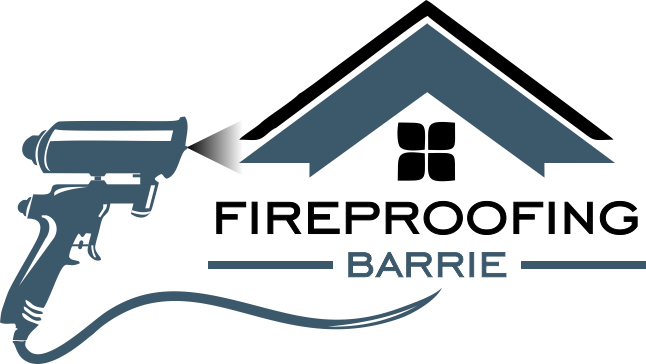
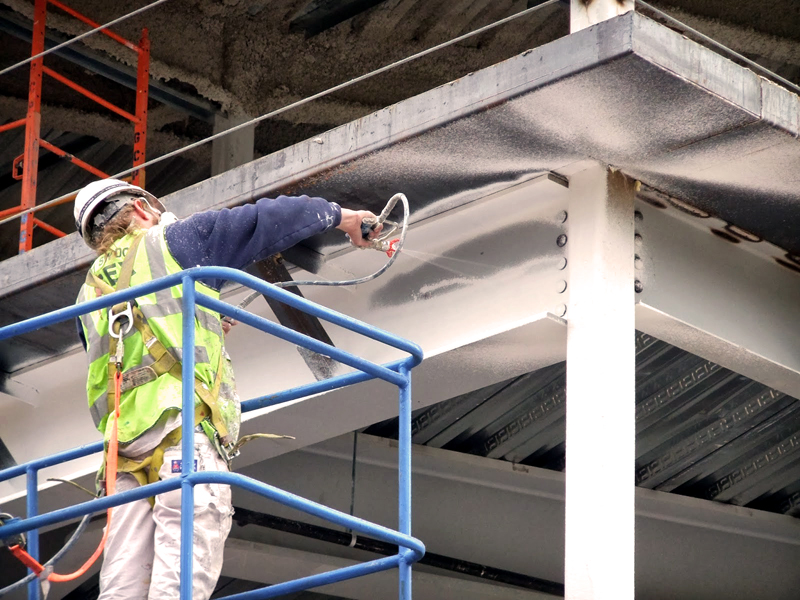
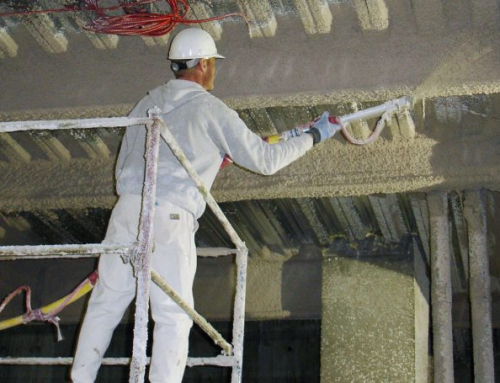
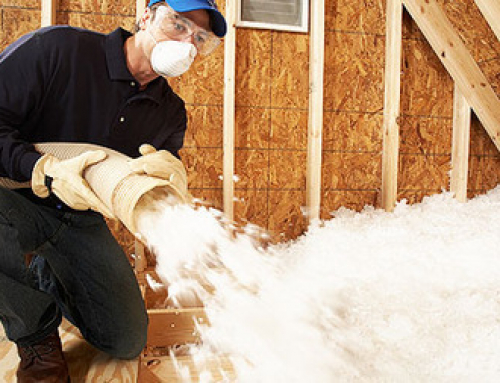
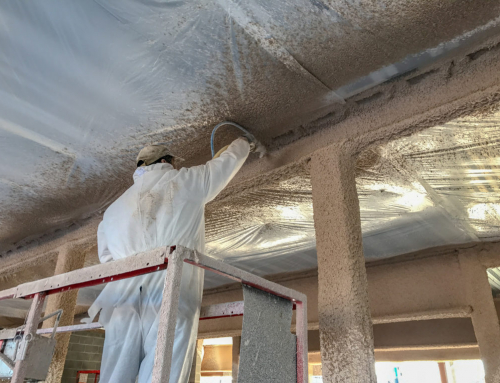
Leave A Comment